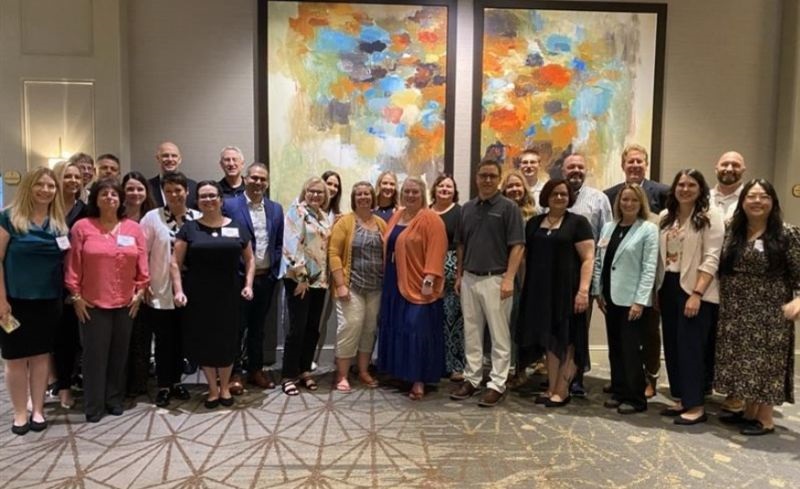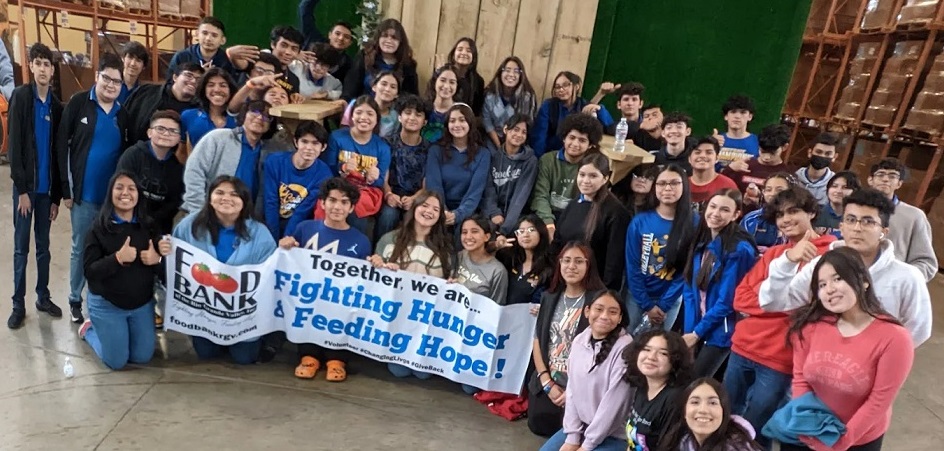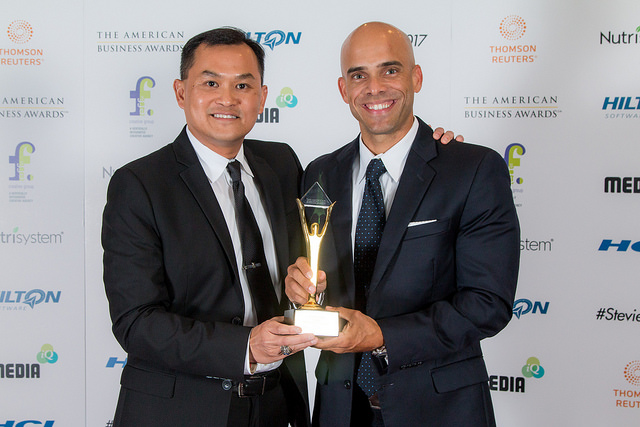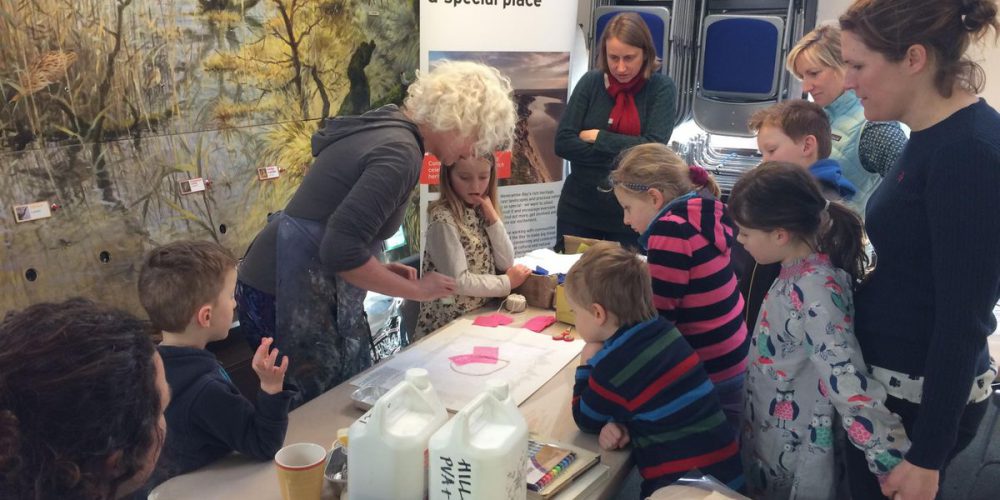Change. Inspire. Grow: Matthew Horgan and Teens for Food Justice
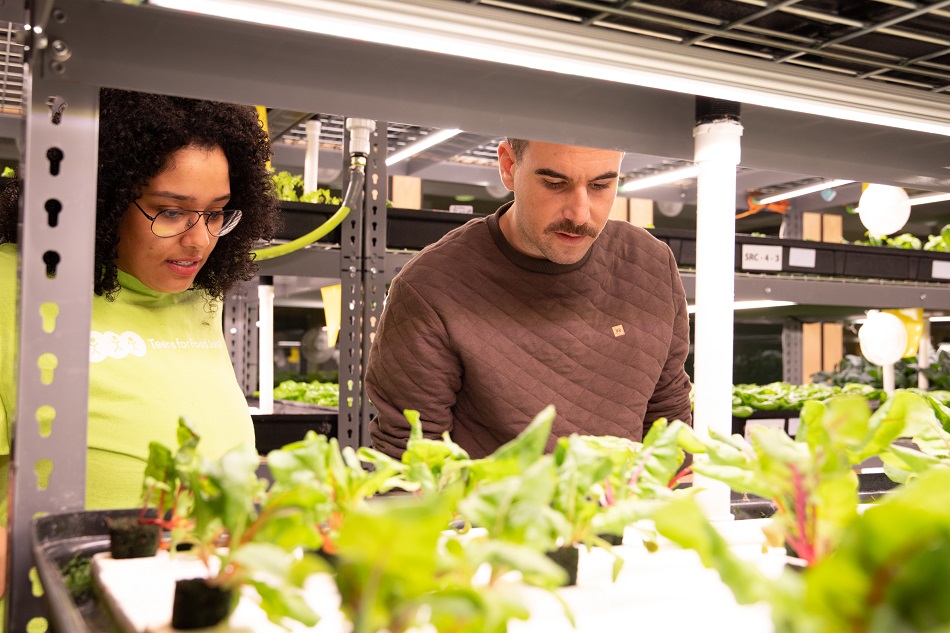
When Matthew Horgan MSEM ’16 was in Costa Rica conducting research during his final semester at St. Edward’s University, a grocery run took half a day. First, he walked an hour to the nearest bus stop; then, he spent another hour riding the bus to the nearest grocery store.
To avoid the four-hour round trip, his neighbors often carpooled and traded food and crops.
“You just felt how important it was to have food access close to you,” Horgan says.
Today, Horgan draws on that experience as the STEM programming and school partnership manager at Teens for Food Justice, a New York City–based nonprofit.
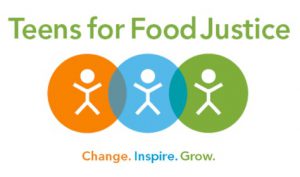
TFFJ facilitates youth-led hydroponic farming programs to combat food insecurity while teaching students how to grow their own food. Farms have been established on five public school campuses, with 1,400 middle and high school students participating throughout the city. Four more campus installments are planned in 2023.
“All of the schools we partner with are Title I schools, where most students come from low-income families,” Horgan says.
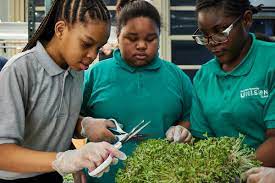
“The communities are food insecure and lack access to affordable, fresh produce. They may also be considered food swamps, oversaturated with fast food and other unhealthy food options.”
TFFJ retrofits campus spaces into indoor hydroponic farms, where plants are grown in containers of water rather than soil. The technique allows farmers to grow year-round, even in cold climates.
Students help build and operate the systems, which produce a whopping 10,000 pounds of produce annually per site. Typical crops include lettuces and other leafy greens, herbs and cucumbers.
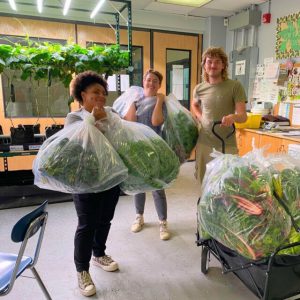
“The food produced is used in the school cafeterias, and excess is distributed to community food pantries,” Horgan says. “Students also participate in cooking demonstrations. They often admit to not wanting to eat anything green before working on the farm.”
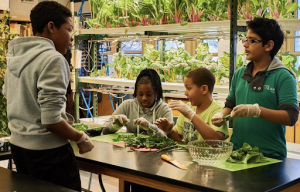
The STEM-focused hands-on activities Horgan develops help further students’ knowledge of urban farming, environmental sustainability, health and nutrition. Farming can inspire different perspectives, too. When students learn to look at issues through the lens of plant growth, from seed to harvest, they can see promise in new beginnings.
“When you’re growing plants, you see the whole life cycle and you understand things in a certain way,” Horgan says. “There is an end to things, but that means you can grow a new crop there next week.”
By Alex Arlander | ENC News









